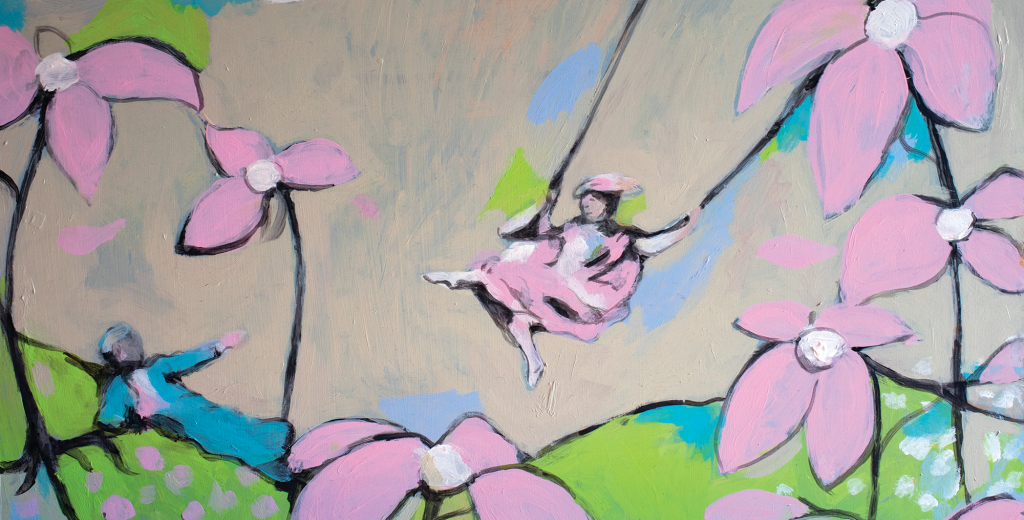
Man in the Seats by Caspar Ewig
A Review of The Glimmerglass Festival’s ‘Candide’
Since I purchased tickets to see “Candide,” I thought it only fitting that I should read the novel on which the operetta was presumably based. I had always heard of Voltaire’s “Candide,” but never read it. So I did.
The only thought I had after turning the last page was the question: “How in all hell is anyone going to turn this series of vignettes without a story line into a dramatic performance?”
Well, Leonard Bernstein did, and while it apparently took a few runs for producers thereafter to get it right, the production presented at The Glimmerglass Festival this year proves that he succeeded. It is still a series of loosely connected events, pulled together by the common theme of unrequited optimism and the narration of a character who doubles as Voltaire and the indomitable Dr. Pangloss. But it came together well and blended into a grand spectacle.
I am told the interpretation presented in the original Glimmerglass production in 2015 was the brainchild of its then-General Director Francesca Zambello, and that this year’s production was updated and modified by the current director, Eric Sean Fogel. They best know how to share the kudos, but both are entitled to congratulate themselves.
I know the play traverses many societies in many countries of Europe and the New World, and that this presented an opportunity to parody various costumes and customs. Thus, we saw Hessian uniforms, various stages of Roman Catholic clerical and monastic garments, plenty of Maxim’s girls and Spanish tango dancers. The only jarring note was bringing Brooklyn into the mix by ascribing an accent to the old woman that came from one of its ethnic neighborhoods.
It was a delight to have singers who not only had grand voices (I thought Cunegonde was going to raise the roof and break all the windows that the Glimmerglass doesn’t have with whatever high note it was that she belted out in her trills), but with equally great diction, thus allowing me to follow the narrative by keeping my eyes on the stage and not on the closed captioning board above. Speaking of Cunegonde’s aria, “Glitter and Gay,” after its conclusion the audience was positively raucous in its approval, and I was almost waiting for the audience to signal for an encore by way of a synchronized applause.
The dance troupe really lent character and added to the humor or the pathos that was part of the various stories being told at that time. The choreography resulted in truly entertaining dance spectacles, with my favorite being the one accompanying Bon Voyage.
In his Talking Opera lecture on “Candide,” conductor Joseph Colaneri prodded us all to see the operetta more than once—even more than twice—because there is always something you missed on the first go around. How true. In the meantime, since I have signed up as an usher, I plan to use that opportunity to volunteer for as many performances of “Candide” as I am able.
Caspar Ewig is a contributing writer to “The Freeman’s Journal” and “Hometown Oneonta” who enjoys sharing his theater experiences with others.

